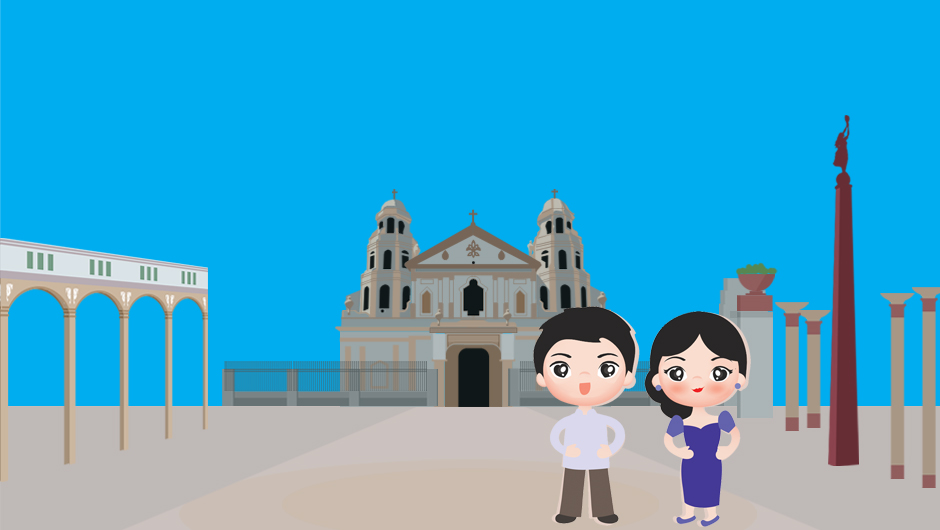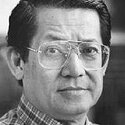The Philippines' Freedom Journey

The Philippines became an inspiration to the world when it toppled a dictator in a bloodless revolution in 1986. It inspired political change in other countries, including the Fall of the Berlin Wall in Germany. Filipinos were an example of citizens’ selfless love for freedom. Change is possible when people come together in courage and in hope.
Today, the Philippines navigates another challenge in its Freedom Journey.
The compelling story of the Philippines’ struggle for freedom rests on the collective action of its citizens, its People Power, and not on the influence of one man. However, this narrative is changing.
The Philippines’ current President Rodrigo Duterte frames the country’s woes on the issue of drugs. People subscribed to his promise of eradicating the drug problem in six months, which got him elected, and unwittingly consented to his method that brought the death toll to 12,000 to date. That the victims are mostly poor, and that many continue to turn a blind eye to extra-judicial killings if it means a guarantee for their safety and security reflect a divide in the society. More disturbingly, it signals crippling fear and social apathy.
This is a complete turnaround from the spirit of EDSA when strangers stood side by side to lend each other strength and stop military tanks. The culture of impunity, that the country abated in the last administration after it held top officials accountable to corruption and human rights violations, is again palpable today. There is absence of the rule of law, and disregard for human rights, but it would not be far away when people realize that enough is enough.
The anniversary of the declaration of Martial Law on 21 September is a reminder that never again should atrocities be allowed to reign, and that Filipinos’ have the capacity to bring about change together as one nation, and not through one man. The Philippines was under authoritarian rule for 11 years. There is a recorded 75,000 human rights abuses, and the dictator Ferdinand Marcos is said to have amassed USD 10 billion from the country’s coffers. The assassination of opposition leader Senator Ninoy Aquino – the death of one man, and more compellingly, the voices of many that could no longer be silenced, that spelled the end of the Marcoses.
I believe that the Filipino will respond to the call to greatness not by coercion but by persuasion, not by intimidation but through the ways of freedom.

Democracy is once more under threat, and it is now when Filipinos need to find courage in themselves to defend freedom and human rights again. And because hope outlives fear, there will always be patches of light amidst which will eventually overcome the creeping darkness. The Philippines will always be a beacon for a noble Freedom Journey.
FNF Philippines has witnessed the country’s struggle to freedom. It opened its office in Manila on the heels of EDSA Revolution, and today, it continues to expand democratic spaces for participation in governance through its innovative programs. It has extended the discussion of the abstract concept of freedom beyond seminar halls, and on to the streets, engaging the public in activities that allow people to experience and appreciate freedom. Under its campaign It’s All About Freedom, FNF Philippines has organized Freedom Run, Freedom Cycle, Freedom Concert, and Startup Festival, raising awareness and building a constituency that supports the indispensability of freedom in everyday life.
The Philippines’ Freedom Journey may be meandering, but many are prepared to be in it even for the long haul.